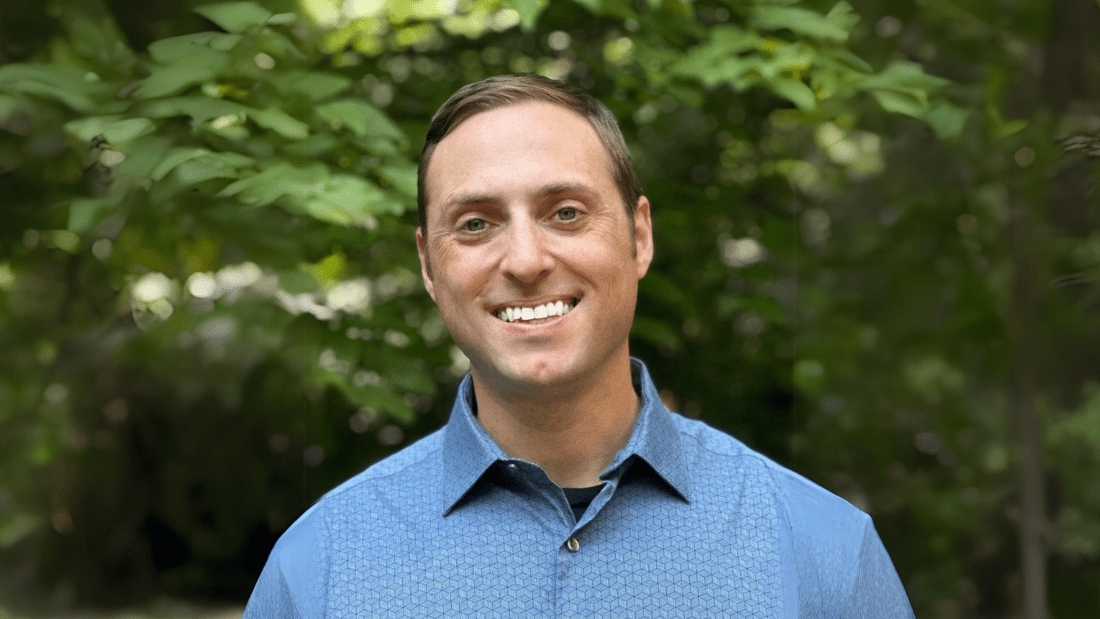Research
Research
The School of Data Science (SDS) at UNC Charlotte focuses on interdisciplinary research across six major areas. SDS provides resources for all Research across the University.
SDS Research
Charlotte, NC (July 31, 2024) – The School of Data Science (SDS) at UNC Charlotte is pleased to announce the appointment of Dr. Jason Windett as its new Director of Research. He is taking over the role from Dr. Dongsong Zhang, the new Interim Executive Director for the School. Dr. Windett joined UNC Charlotte in 2017, a joint appointment as a Professor in the Department of Political Science and Public Administration, School of Data Science, and Public Policy Ph.D. Program. Dr. Windett’s leadership will be instrumental in propelling the SDS forward as a premier center for data science research.

UNC Charlotte’s School of Data Science Announces Dr. Jason Windett as New Director of Research
Leading the Way in Data Science Research
In this role, he will oversee the SDS Seed Grant program and research awards, which foster research by both established and early-career faculty. He will also be responsible for cultivating interdisciplinary partnerships within the School, across the University, and with external academic and industry partners.
Building Bridges and Expanding Collaboration
“I am excited to join the School of Data Science as the Director of Research,” Dr. Windett said. “I look forward to working with faculty, students, and members of the broader university community to push the School’s research profile to be amongst the top in the country. As the school begins its next chapter, I hope to build lasting relationships within our new college, as well as continue to grow those built in the previous five years.”
A Scholar in American Politics
Dr. Windett’s primary area of research is in American politics and policy. His research engages in the dynamic process of representation in the American state with a focus on issues of identity politics, elections, and the institutional influences of elite political behavior. His research agenda is anchored by computational and methodological innovations that can enrich our understanding of the processes of policy-making and political behavior in American states. Dr. Windett’s work has been published in prestigious journals such as the American Journal of Political Science, Political Analysis, and Public Opinion Quarterly. He has also received multiple grants from the National Science Foundation to support his research on state courts of last resort and policy diffusion.
Interested in Partnering with the School of Data Science?
The School of Data Science is a pioneer in the Carolinas, offering the first program of its kind in the region. The SDS’s interdisciplinary mission reflects the diverse applications of data science. We combine expertise from across multiple colleges, including Business, Computing, Engineering, and Health, to address complex theoretical and applied research questions. Interested in learning more about the School and our dynamic research agenda? Contact Dr. Jason Windett.
6 Major focus Areas
ARTIFICIAL INTELLIGENCE AND MACHINE LEARNING
Research interests: capitalize on our prior successes and invigorate collective efforts under the broad umbrella of Artificial Intelligence.
Some SDS faculty who work in this area: Minwoo Lee, Liyue Fan, Siddharth Krishnan, Xi Niu, Hamed Tabkhi, Benjamin Radford, Albert Park, Jason Windett, Wlodek Zadrozny, etc.

LEADERSHIP REIMAGINED: SCIENCE-BASED SOLUTIONS FOR INCLUSIVE ORGANIZATIONS
Research interests: capitalize on our prior successes and invigorate collective efforts under the broad umbrella of Artificial Intelligence.
Some SDS faculty who work in this area: Minwoo Lee, Liyue Fan, Siddharth Krishnan, Xi Niu, Hamed Tabkhi, Benjamin Radford, Albert Park, Jason Windett, Wlodek Zadrozny, etc.

NANOSCALE SCIENCE AND MATERIALS
Research interests:
- Developing mathematical models for the anomalous protein diffusion near folding/unfolding transition, and mathematical models for protein aggregation.
- Developing empirical models that fit calorimetry data, and quantify stability/flexibility relationships to inform protein design, and elucidate protein evolution.
- Applying molecular dynamics simulation and employ machine learning to glean mechanistic insights
- Developing new therapeutics based on manipulating protein-protein interactions
SDS faculty whose research is in this area: Donald Jacob, Harish Cherukuri, Shan Yan, etc.

ONLINE MISINFORMATION BEHAVIOR, IMPACT, DETECTION, AND MITIGATION
Research Interests:
- Understanding online misinformation strategies and misinformation dissemination or sharing behavior (e.g., through social network analysis, visualization, graph analysis)
- Building machine learning models for automated online misinformation detection (e.g., fake news detection, fake online consumer product review detection; phishing detection; online fraud detection)
- Developing effective methods for misinformation intervention
- Focusing on misinformation in a variety of application domains, including, but not limited to, business, healthcare, politics, and entertainment.
Some SDS faculty who work in this area: Dongsong Zhang , Frederico Batista Pereira, Lina Zhou, Shi Chen, Wenwen Dou, and Siddharth Krishnan, Shannon Reid, etc.

SMART AND SUSTAINABLE CITIES
Research Interests: Mitigate socio-economic gaps, enable upward mobility for underserved communities, and chart a path of sustainable, environmentally friendly growth.
- Harnessing the recent technology advances of big data cloud computing, AI, Internet-of-Things (IoT), 5G communication, and low-cost sensors, to allow for fine-grained information processing to enable optimal decision-making across a range of city services.
- Developing community-led solutions to meet local needs while addressing privacy and safety concerns of the above-listed technologies.
- Public safety, public transit Equity, sustainable energy, accessible health, and resilience of power distribution.
- Creating a “Smart City Research Ecosystem” to enable AI for social good.
SDS faculty: Hamed Tabkhivayghan, Shannon Reid

URBAN HEALTH
Research Interests: understanding and addressing the primary underlying causes of health inequities – the social determinants of health
- Using action research methods, community-based participatory research, and clinical research methods to improve health outcomes in high-risk clinical populations
- Implementing community-based chronic disease prevention and management programs
- Advancing health policy reform, and
- Promoting racial equity
SDS Faculty: Michael Dulin, Laura Gunn, Shi Chen, Yuqi Guo, Albert Park, Cheryl Brown, Paul Rajib, Monika Sawhney, Jean-Claude Thill, etc.
